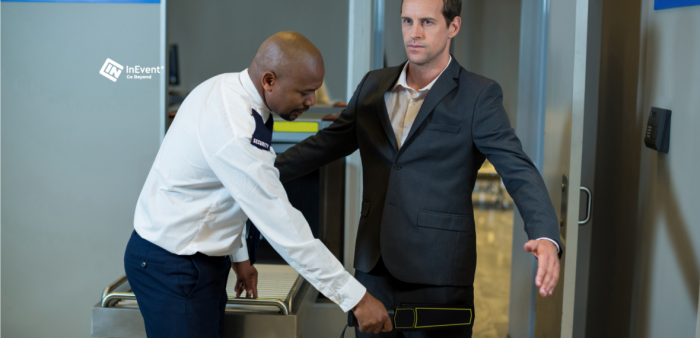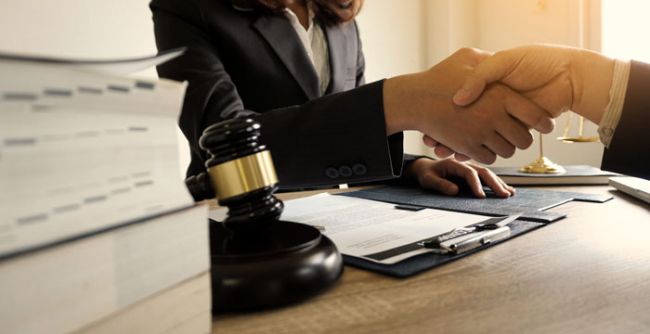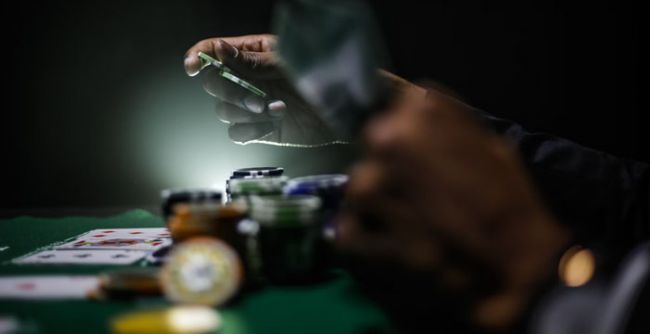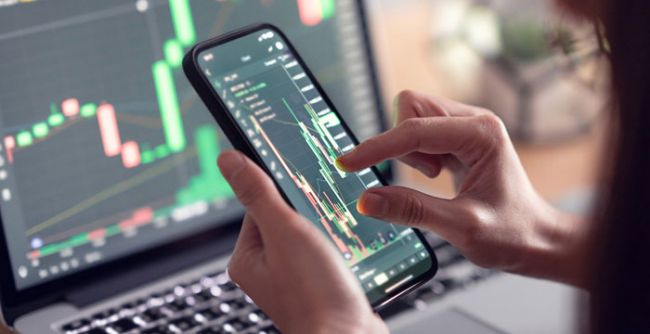Large business events bring together many different people to network, collaborate, and share knowledge. With so many attendees, security becomes very important. There are various potential threats, so it's essential to have effective safety strategies. Managing risks protects both attendees and the company's reputation.
Learn how to maximize security at large business events.
Planning Essentials
Effective security starts with careful planning. First, identify any weaknesses in your event venue. Think about how the layout could affect safety. Pay close attention to high-traffic areas, entrances, and exits. Knowing these spots helps you place security personnel to reduce risks.
Getting advice from security experts is also important. Speak with professionals who know about crowd behaviour and emergency procedures. Their knowledge can help you make better staff, equipment, and safety plan decisions. Good planning prepares you for challenges before they happen.
Staff Training

Security staff are key to maintaining a safe environment. Training should never be an afterthought. Every team member needs to know how to manage different situations effectively. They should understand emergency plans, conflict resolution, and how to stay calm under pressure.
Hold regular drills to keep everyone prepared. Practice helps staff respond quickly and confidently when needed. Consistent training builds a safety culture, ensuring everyone knows their role during the event. Well-prepared staff can prevent trouble and assist attendees.
Access Control
Controlling who can enter different areas is key to security. Set up checks for credentials and consider using badge systems to identify authorized personnel. This will clearly indicate who is allowed in certain areas.
Using technology can help streamline this process. Digital systems can track attendance in real-time, allowing you to monitor who is present. This system also reduces security risks by overseeing who enters restricted areas.
Technology Integration
Modern security relies on technology. Surveillance cameras and motion detectors provide important oversight. Strategically placing cameras allows you to monitor the behaviour and deter suspicious actions. Real-time data helps with quick decision-making if problems arise.
Implementing weapons detection systems can enhance safety without invasive searches. These systems can detect hidden weapons, giving attendees peace of mind as they move through the venue. Focusing on prevention improves the overall experience while ensuring security.
Emergency Protocols
Every event needs clear emergency protocols. All staff must know how to respond in an emergency. Make sure evacuation routes and contact information for emergency services are readily available.
Share these protocols with attendees before the event. Regular reminders will keep safety in everyone's mind. Use screens to display the procedures and reinforce their importance. When everyone is familiar with the protocols, it helps them act quickly in a crisis.
Communication Systems
Clear communication is key to successful security operations during an event. Use walkie-talkies or communication apps to keep security personnel connected. Open channels allow immediate updates about any situation. This fast exchange of information is vital for quick responses.
Public address systems are also critical. They help deliver information to everyone at once if needed. A coordinated approach ensures announcements are timely, helping to maintain order.
Attendee Engagement
Engaging attendees improves security. When guests feel involved, they are more likely to report any concerns. Make it easy for them to share information about suspicious activity. Ensuring everyone feels comfortable promotes safety.
Interactive sessions and Q&As can strengthen this connection. Talk with attendees about security measures. Increased awareness helps everyone contribute to their safety.
After-Event Evaluations
Evaluating security protocols after an event is just as important as planning them. Gather feedback from staff and attendees about their experiences. Find out what worked well and what didn't.
Use this feedback to improve future events. Regular evaluations help create a better security strategy that meets specific needs.
Vendor Coordination
Coordinating with vendors is essential for maintaining security at large events. Ensure all vendors understand the security protocols and their roles in the safety plan. This includes catering staff, equipment suppliers, and other service providers. Holding a pre-event briefing helps align everyone's expectations and responsibilities, fostering better cooperation.
Additionally, vendors must adhere to safety standards, such as background checks for their personnel and secure equipment transportation. This collaborative approach reinforces the security framework and ensures that everyone is vigilant and aware of potential risks.
Incident Management
A clear incident management plan is crucial for swiftly handling any security issues during the event. This plan should outline specific procedures for various scenarios, including medical emergencies, crowd disturbances, and unauthorized access. Assign specific roles to staff members for reporting incidents and ensure they know how to escalate issues effectively.
Review and update the incident management plan regularly, incorporating lessons learned from past events. This proactive strategy prepares your team to respond decisively and effectively, minimizing the impact of any incidents on attendee safety and event success.
Post Comment
Be the first to post comment!
Related Articles

How Mesothelioma Victims Can Seek Legal Compensation
Apr 23, 2025


